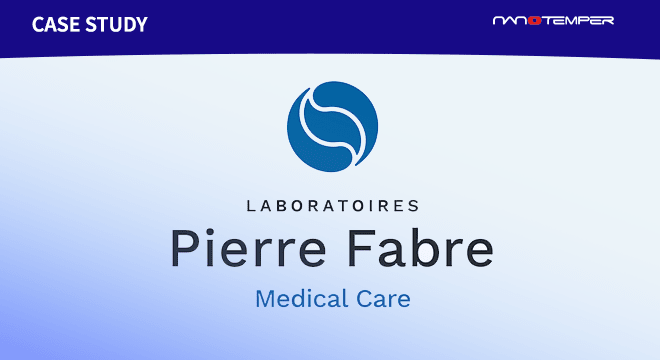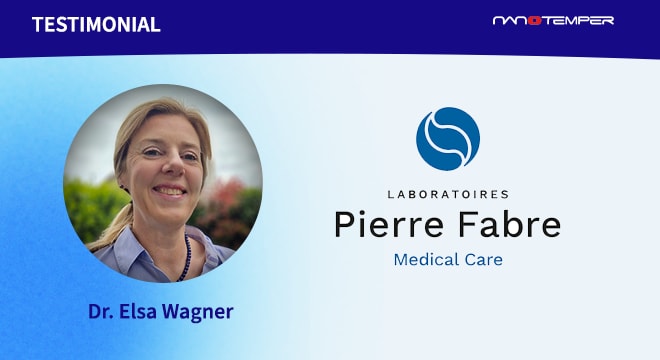Goncalves L, Kracher D, Milker S, Rudroff F, Fink M, Ludwig R, Bommarius A, Mihovilovic M
Advanced Synthesis & Catalysis
2017
Abstract
This paper describes the stabilization of flavin-dependent monooxygenases under reaction conditions, using an engineered formulation of additives (the natural cofactors NADPH and FAD, and superoxide dismutase and catalase as catalytic antioxidants). This way, a 103- to 104-fold increase of the half-life was reached without resource-intensive directed evolution or structure-dependent protein engineering methods. The stabilized enzymes are highly valued for their synthetic potential in biotechnology and medicinal chemistry (enantioselective sulfur, nitrogen and Baeyer–Villiger oxidations; oxidative human metabolism), but widespread application was so far hindered by their notorious fragility. Our technology immediately enables their use, does not require structural knowledge of the biocatalyst, and creates a strong basis for the targeted development of improved variants by mutagenesis.
Topics: Assay condition-dependence, Characterize protein stability and aggregation, Enzymes, Prometheus – nanoDSF, Proteins, Publications





















